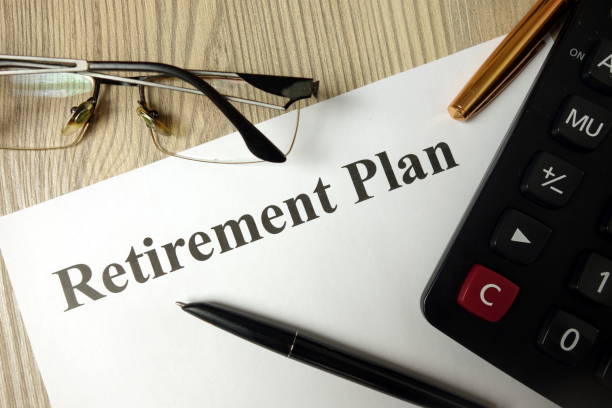
Once they have entered the job market, young professionals generally have two aims. The first is to buy all the things that they wanted before working and the other is to accumulate enough wealth so that they could retire comfortably. While everybody is aware of their aims, many don’t know how to achieve the said goals. In fact, a lot of Indians do not understand the importance of retirement planning. Retirement planning is a vital step towards a peaceful life after retirement, and it requires careful financial planning.
In fact, it is pretty tricky to decide when is the right time to retire? Whether you want to dismiss yourself early and have up to 30 years or more like a retired person or do you continue doing what you love for as long as possible? Also, retiring is not something you do in a hurry. It takes a lot of careful planning to ascertain your retirement readiness. There are complex issues to weigh, including pension and health benefits, income and expenses, longevity expectations and the emotional effects of walking away from your professional career. So, before taking this leap, please read below to go through the checklists that you cannot afford to overlook:
- Just see if retirement is an affordable option:
Before deciding to retire, it is of the utmost importance for you to check your affordability. You would be required to make an approximation of your retirement income from all sources and an estimation of your expenses for the rest of your life. Please calculate how much you’ll need to withdraw from savings to help both estimations meet. Also, you need to note that health care expenses will rise as you get older, and inflation constantly plunges. For that, you need to determine how you will manage the rest of your life with the finances you have.
- Be aware of your pension and social security benefits:
Apart from determining whether retirement is an affordable option, you also need to know about your pension and social security benefits before taking the leap to retirement. There are several retirementmutual fund plans and schemes offered by government and private entities. If you are still working and young, there are various schemes, where you can start investing like the National Pension Scheme (NPS), LIC Jeevan Nidhi Plan and some other plans of private corporations. Also calculate your pension fund, provident fund and maturities of various other investment plans you have.
- Check the health care costs after retirement:
Please take note of the fact that the health cost will increase with your age. Therefore, you should have ample health benefits or insurance plans for yourself. If you are still young, go and opt for one as soon as possible. A person thinking of retiring needs to ascertain the cost that they might require to live post-retirement. For younger or working-class people, they should have regular medical check-ups and buying health insurance at an early stage will make you pay less premium and allow tax deductions of up to Rs 25,000 under Section 80D for medical insurance.
- Be ready to feel the post-retirement effects:
Even if they can afford to retire, some people continue to work beyond the typical retirement age, mostly because they love what they do. Therefore, before retiring, you need to look at your feelings to make sure you are emotionally ready to walk away from your passion. You also might also need to find ways to keep yourself engaged saying goodbye to your career almost three or four decades after starting it.
Retirement is something that can inspire a lot of contrasting emotions. There’s the excitement of finally spending time with your loved ones, but there is also the fear of not having enough money at hand which will ensure that you can live life comfortably. That’s where retirement planning comes in as it will ensure that you have enough money in your hand when you finally decide to bid farewell to your career.
Mutual Fund Investments are subject to market risks, read all scheme related documents carefully.